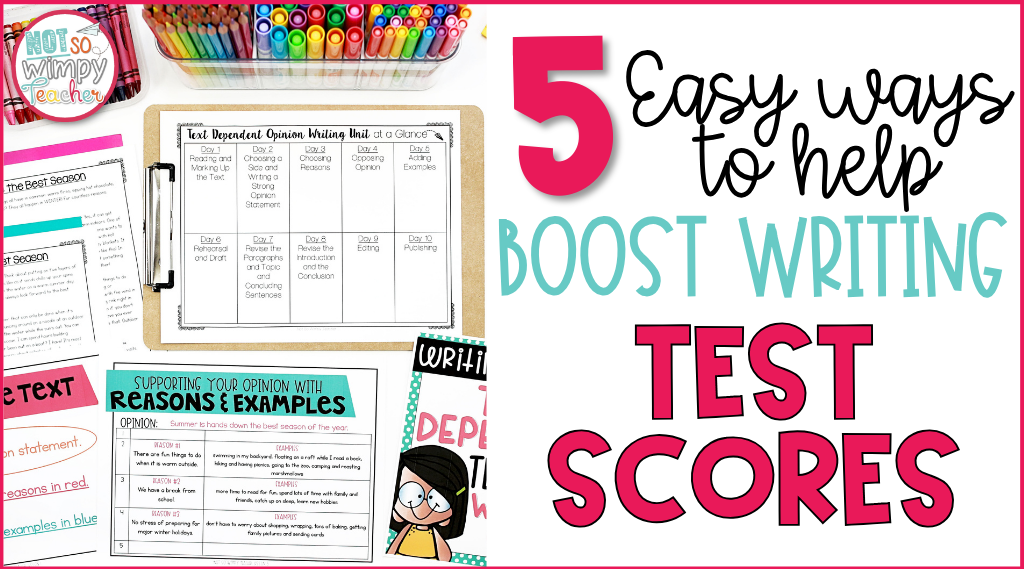
It’s that time of year again. Every teacher’s favorite season . . . testing season. But preparing for standardized tests doesn’t have to be difficult. Today I am sharing 5 easy ways to help boost writing test scores.
I firmly believe that the best way to help your students become better writers is to make writing fun. Each of these strategies is designed to develop writing skills and increase students’ love of writing. We all do better on tasks we enjoy.
1. Keep things simple
This first piece of advice is counterintuitive to a lot of teachers. But it is good advice for any lesson, including writing test prep.
Keep things simple. Don’t make a big deal out of test prep. You don’t even have to use those words. Even if you are deliberately choosing lessons to help boost writing test scores, simply present those lessons like any other writing lesson.
You can just tell kids that you are working on interesting leads, dialogue, or supporting opinions with reasons. Keeping the focus on the skill rather than on the upcoming test will have lots of benefits.
Many students tune out as soon as they hear the words “test prep.” They think tests are boring. Or they may have testing anxiety. And they find the traditional ways of preparing for tests tedious.
So don’t lose them before you even introduce the lesson. Instead of making the lesson all about the test, just teach a fun writing lesson. You can know you are teaching a test prep lesson to help boost writing test scores, but they don’t have to.
2. Give students lots of opportunities to write ALL year
Okay, it might be a little late for this tip right now. But it’s a good one. So I’m going to share and you can go ahead and file it away for next year.
The best time to start working on boosting writing test scores is in September. You should be teaching writing all year, not just in the six weeks leading up to standardized tests.
It’s important to give students lots of opportunities to write throughout the school year. This helps them become comfortable with the writing process. It increases writing stamina and makes writing just another part of their day.
Having daily writing times helps demystify the writing process. Instead of being asked to perform some monumental task on a test, they are simply doing something they have done dozens of times before.
When you work on writing all year, your students develop the skills they need to be successful on writing prompts. Knowing they are equipped to handle any writing task allows them to tackle those prompts with confidence which will inevitably boost writing test scores.
3. Provide direct writing instruction
If you want to boost writing test scores, students need direct writing instruction.
Simply freewriting in a journal or responding to daily writing prompts does not provide an adequate foundation to successfully complete graded writing tasks.

Often, when students complete writing journals or even respond to writing prompts, they simply write a stream of consciousness. There’s no writing plan or story development. They don’t include elements that make stories compelling to read. They just write down whatever pops in their head next.
But you can’t blame kids for this. Without direct writing instruction, we can’t expect students to know how to do these things. If we want them to be able to successfully include all of the criteria that evaluators are looking for on standardized tests, then we need to explicitly teach these skills.
When I realized this, I stopped using writing journals and started planning intentional writing lessons. (You can read more about that here.) Direct writing instruction is the number one way to boost writing test scores.
Check out this post for a step-by-step process for teaching text dependent writing.
4. Write across the genres
Many standardized test prompts require students to construct reading response essays. Because of this, many teachers focus exclusively on teaching text dependent writing.
TDAs, ACE, RACE, WHIP, QUON . . . there’s no shortage of text dependent analysis acronyms out there (and lessons that focus on specific methods) to guide your teaching.
And students do need to learn how to construct a text dependent response, both for state testing and as a building block to more advanced writing tasks in the future. But the problem with focusing exclusively on this type of writing is it is BORING. And, for many kids, hard.
When every writing lesson focuses on close reads and getting students to find and cite text evidence and draw logical conclusions, students often feel overwhelmed. And they quickly lose interest. They decide that writing is boring. They might even hate writing.
The way to boost writing test scores on reading response essays is to teach them a variety of good writing skills across different genres. Show students how to introduce the topic with an interesting lead, use interesting vocabulary, transition from one idea to the next, support their statements with reasons and examples, and wrap everything up with a compelling conclusion.
The great thing is that these are skills that students learn across all writing genres. You can teach these elements in a personal narrative unit or an opinion essay lesson. And kids often enjoy these types of writing tasks much more than reading response essays.
Writing across all genres makes teaching writing more fun. Kids are more invested in their topics. Thus, they learn more and develop better writing skills–skills that they can apply to their text dependent analysis writing prompts to boost writing test scores.
5. Practice editing and revising skills
A big component of writing is editing and revising. And while these are skills that students don’t necessarily love (kids aren’t known for their patience), improving their editing and revising capabilities will definitely help boost writing test scores.
My FREE Editing and Revising centers, designed for grades 2-5, will give students valuable practice on these important skills. Each center focuses on only one skill, so students can really dial in and make sure they understand what’s being asked of them.
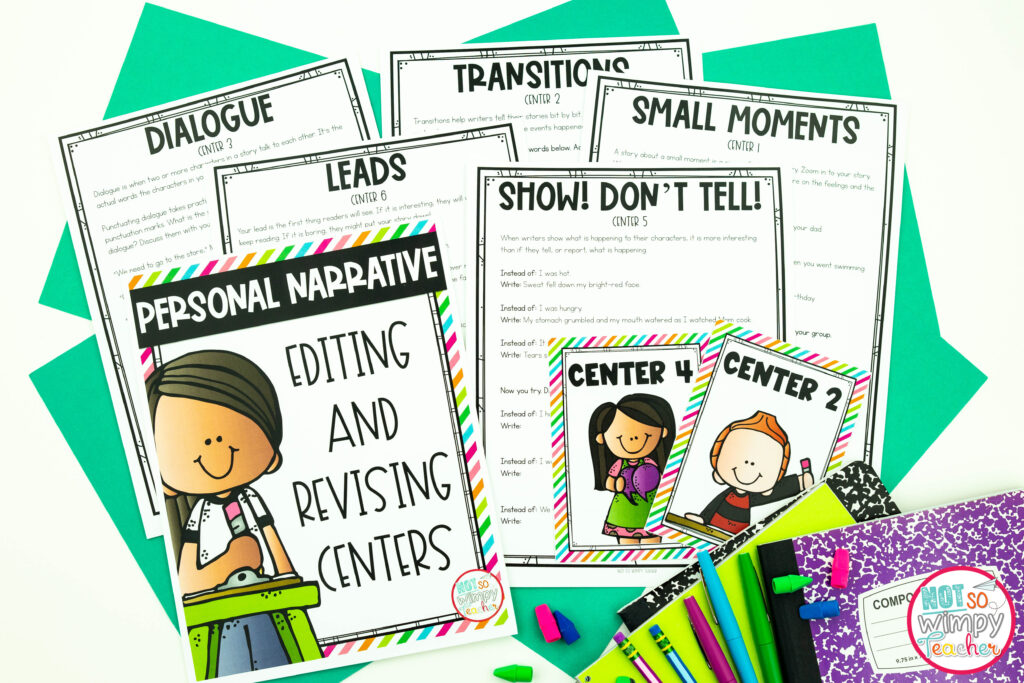
Students work together in groups to complete 18 different centers. Each center includes tips, concrete examples, and practice writing. Students will get practice with editing and revising personal narratives, opinions, and informational texts.
I’ve also included detailed teacher directions, center labels, and editing and revising checklists for the students.
When you keep these tips in mind, test prep becomes simple. You can boost writing test scores without overwhelming your students.
Done for you writing lessons
Writing Bundles
Want to make teaching writing easy? I’ve created a full year of writing curriculum for grades 2-5.
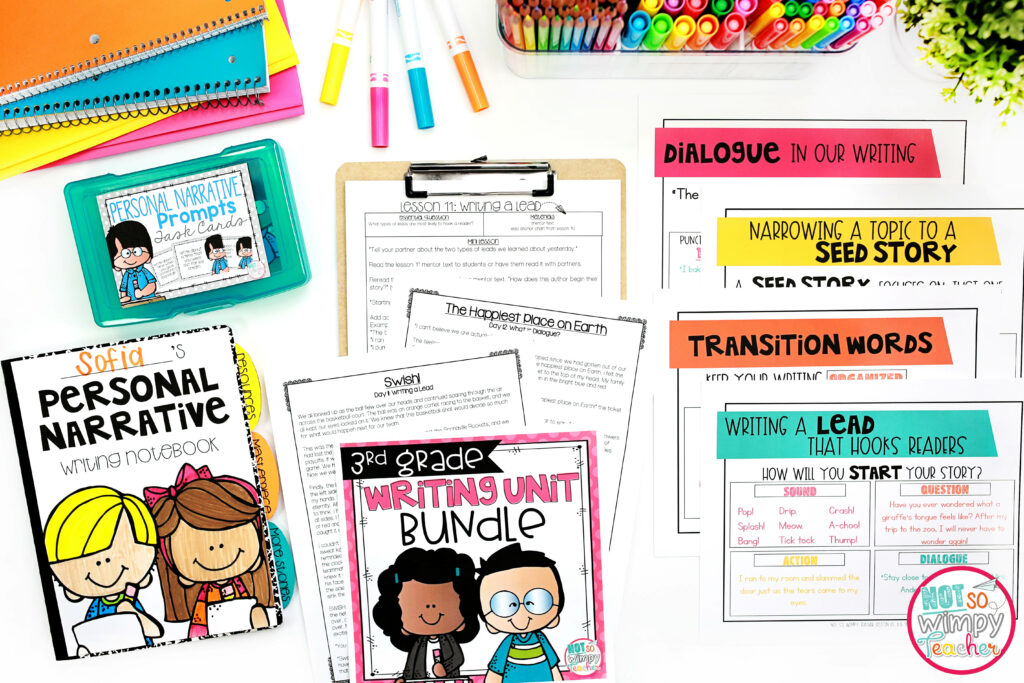
Each year-long bundle includes lessons for four different writing genres: personal narrative, informational report, opinion essay, and fiction. There are 32 weeks of lesson plans, including mini lessons, anchor charts, student printables, task cards, and more!! Everything you need to finally teach writing is ready to go!
Shop This Post
Text Dependent Test Prep Bundle
Need extra practice on tough text dependent writing skills? I’ve got you covered. This bundle makes it easy, and maybe even fun, to practice text dependent writing. I’ve included six different types of text-dependent lessons:
- Reading Response Essay Writing
- Text Dependent Opinion Writing Essay Unit
- Compare and Contrast Nonfiction Reading Response Essay Writing Unit
- Compare and Contrast Fiction Reading Response Essay Writing Unit
- Fiction Summary Reading Response Writing Unit
- Nonfiction Summary Reading Response Writing Unit
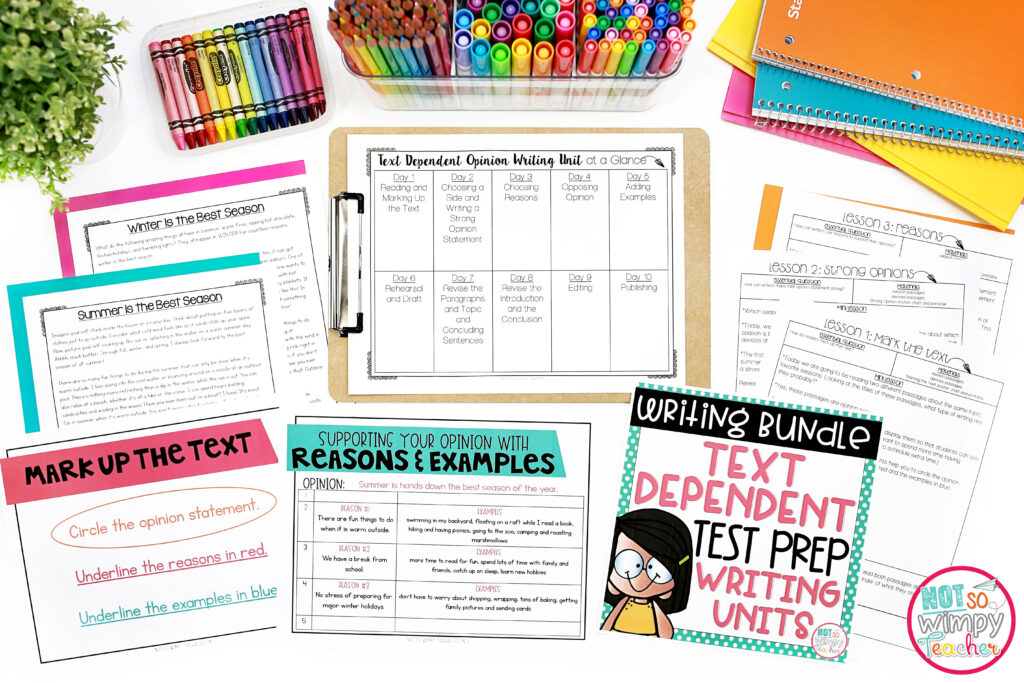
This bundle comes with everything you need to teach text-dependent writing: mentor texts that are fun to read, anchor charts, mini lessons broken down into manageable pieces, tasks for student work time (where students practice the new skill in their own writing), and prompts for share time.
Shop This Post
More test prep resources
If you want to make the rest of your test prep as easy as writing test prep, keep reading. I’ve got lots of great resources to help. These resources are designed to be used during your regular math or reading block to help kids practice skills they are sure to see on standardized tests.
Test Prep Centers
Centers are a fun and easy way to review essential skills. Kids love them because they are hands-on, engaging, and allow them to move around the room.
Math Test Prep Centers
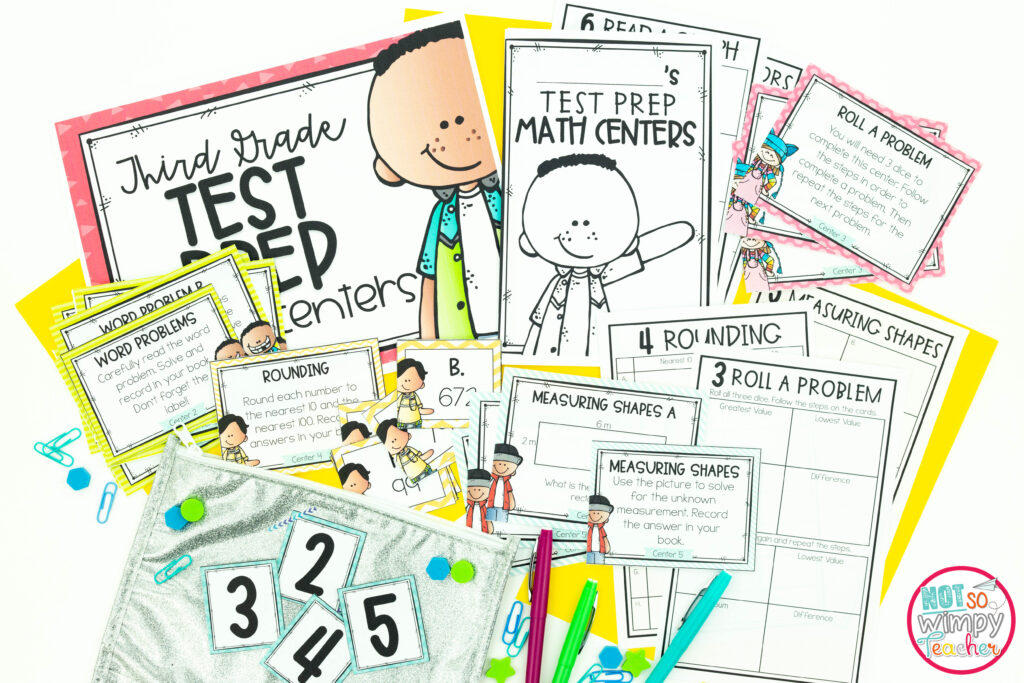
Just switch out your regular center materials with these test prep centers for some extra test prep practice. Each grade level features 10 different skills that students are sure to see on the test. Fun activities like sorting, task cards, matching, and more make test prep a lot more interactive and fun than a workbook.
Shop This Post
Reading Test Prep Centers
My reading test prep centers, designed for grades 3-4, review everything your students need to know about literature and informational texts.
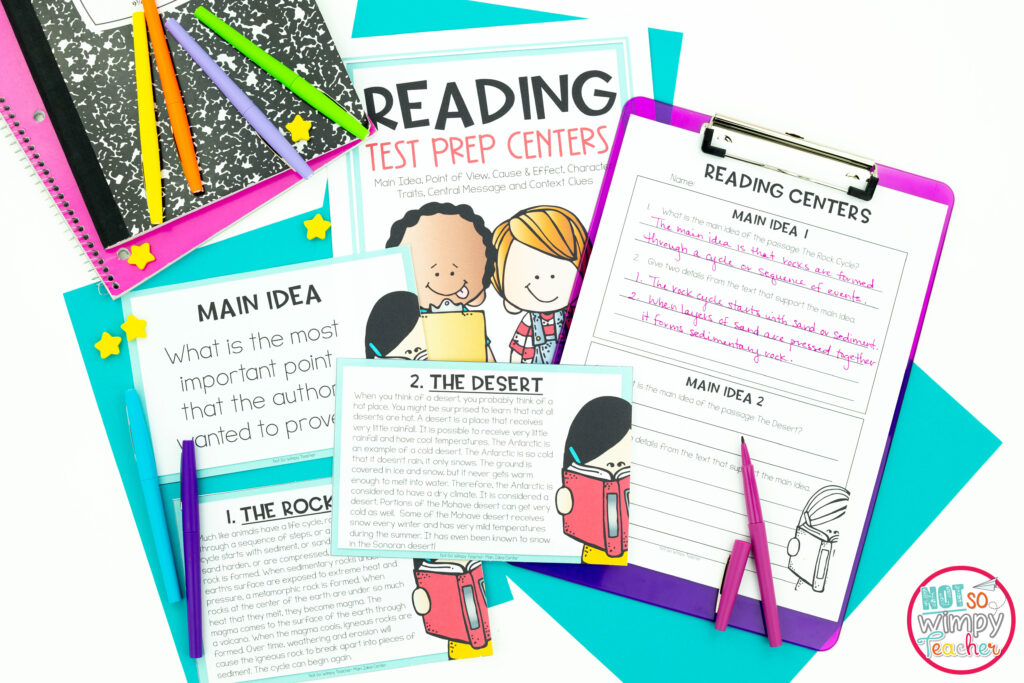
These centers review six critical skills that your students will definitely see on standardized tests:
- Main Idea (Informational Text)
- Central Message (Literature)
- Point of View (Informational Text)
- Cause and Effect (Informational Text)
- Context Clues / Drawing Conclusions (Informational Text and Literature)
- Character Traits (Literature)
Using these centers is easy. All you have to do is print and teach. No extra texts are required.
Shop This Post
Escape Rooms
These no-prep escape rooms provide an exciting review of essential third grade skills in math and reading and fourth grade math skills. Kids love the engaging stories that put them front and center in the action. And they are super simple to use in the classroom. All you have to do is print and teach.
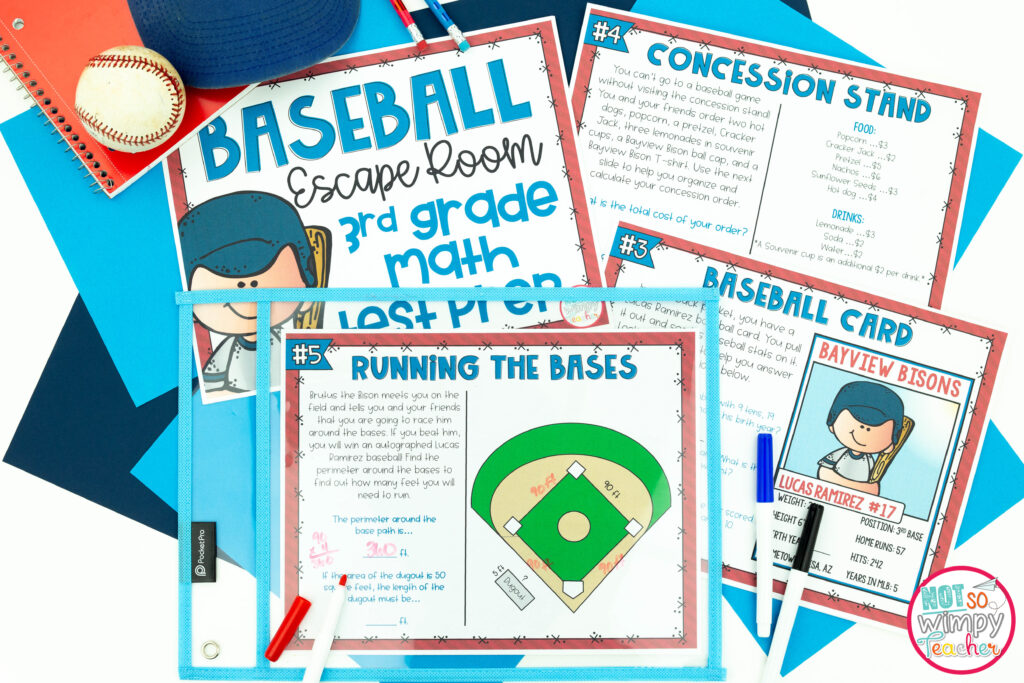
Students work through a series of passages and problems, answering standards-based questions, solving puzzles, and unlocking clues to help them solve the puzzles. Both third grade escape rooms are baseball themed. The fourth grade math escape room is based on escaping from a museum, and the second grade math escape room will send your students on an exciting time machine adventure.
Students will be having so much fun solving the puzzles they won’t even realize they are practicing for tests.
Shop This Post
Reading Comprehension Passages
Another great skill to practice for standardized tests is close reading. My reading comprehension passages bundle includes 60 reading passages with kid-friendly topics to help kids master this tough skill.
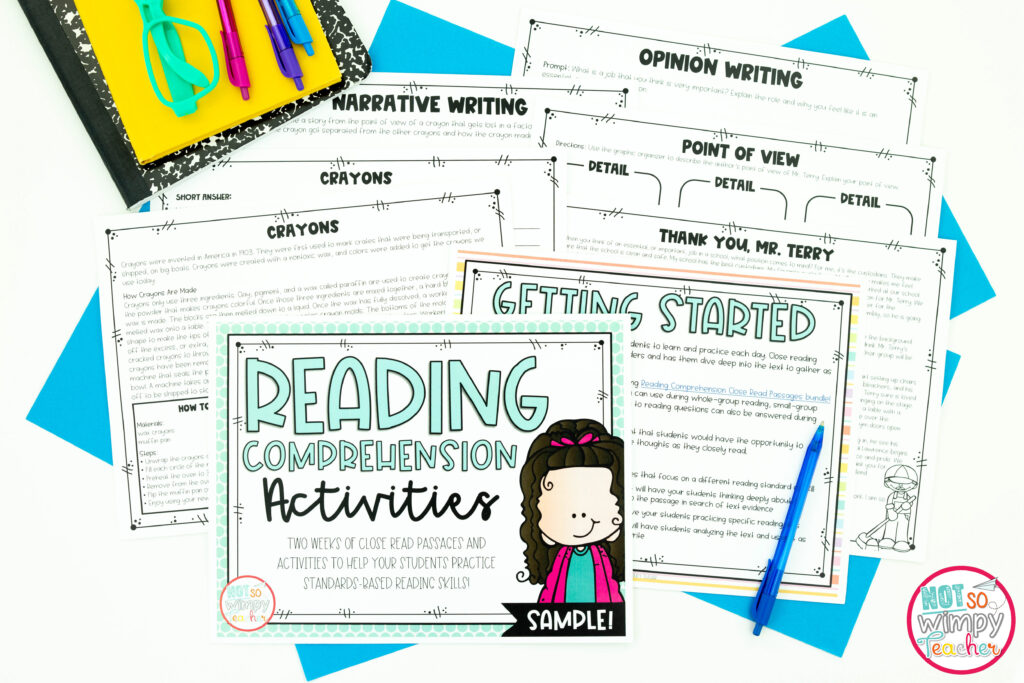
Each passage is designed to be used over four days so students get experience reading and rereading texts to deepen understanding. Anchor charts walk students through the process of marking up a text and provide a handy reference tool.
Each reading passage comes with
- Comprehension questions that require students to think deeply about the reading and find text evidence to support their answers
- Standards-based reading activities for additional practice that keep kids engaged
- Reading response writing activities that help kids develop higher-order thinking skills and use text-evidence
These passages are best for grades 3 and 4.
For more fun test prep activities check out Fun Math Test Prep Activities and Reading Test Prep Activities Your Students Will Love.
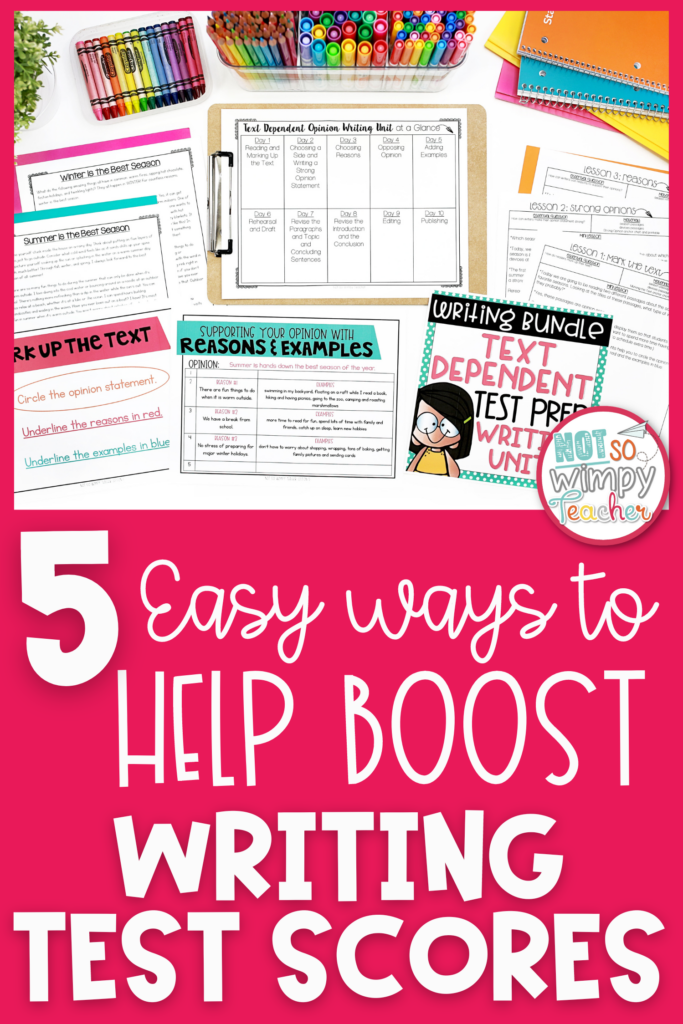
I hope this gives you some great ideas to help easily boost writing test scores.
Have a Not So Wimpy Day,


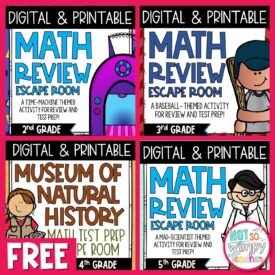
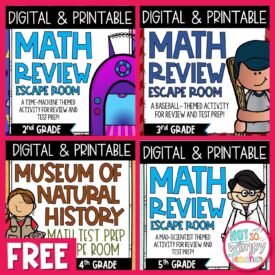

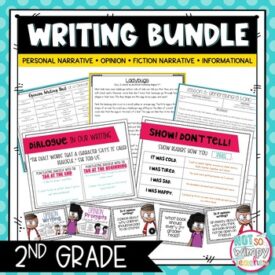
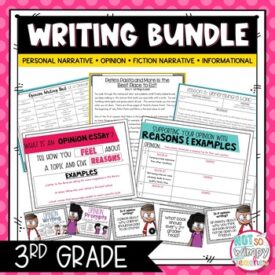
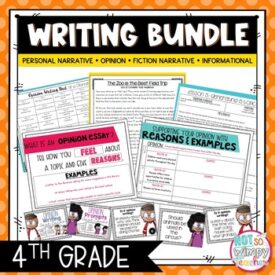
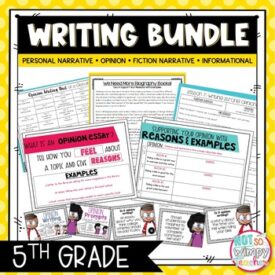
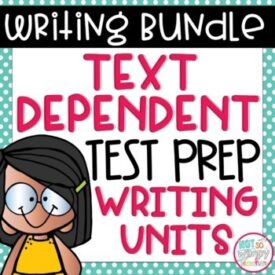
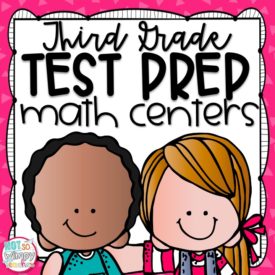
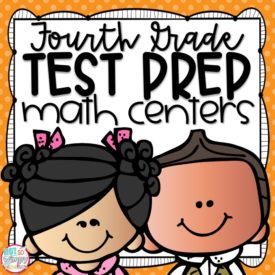
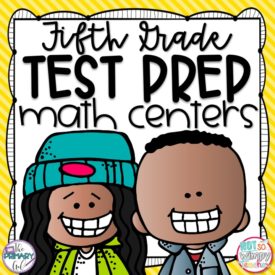
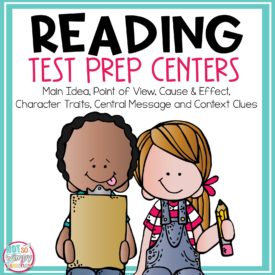
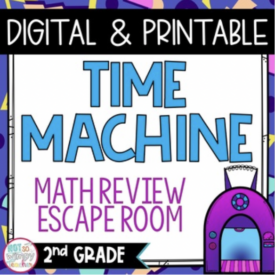
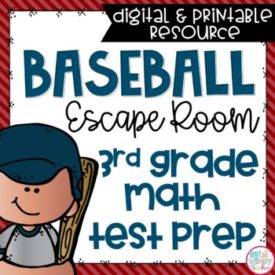
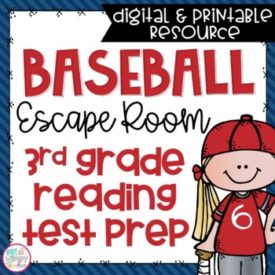
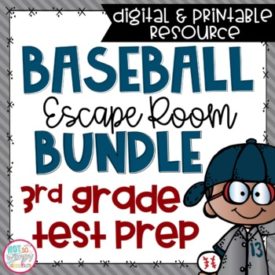
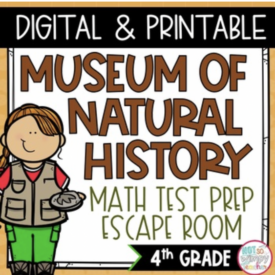
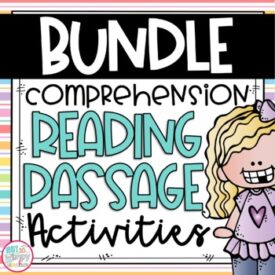
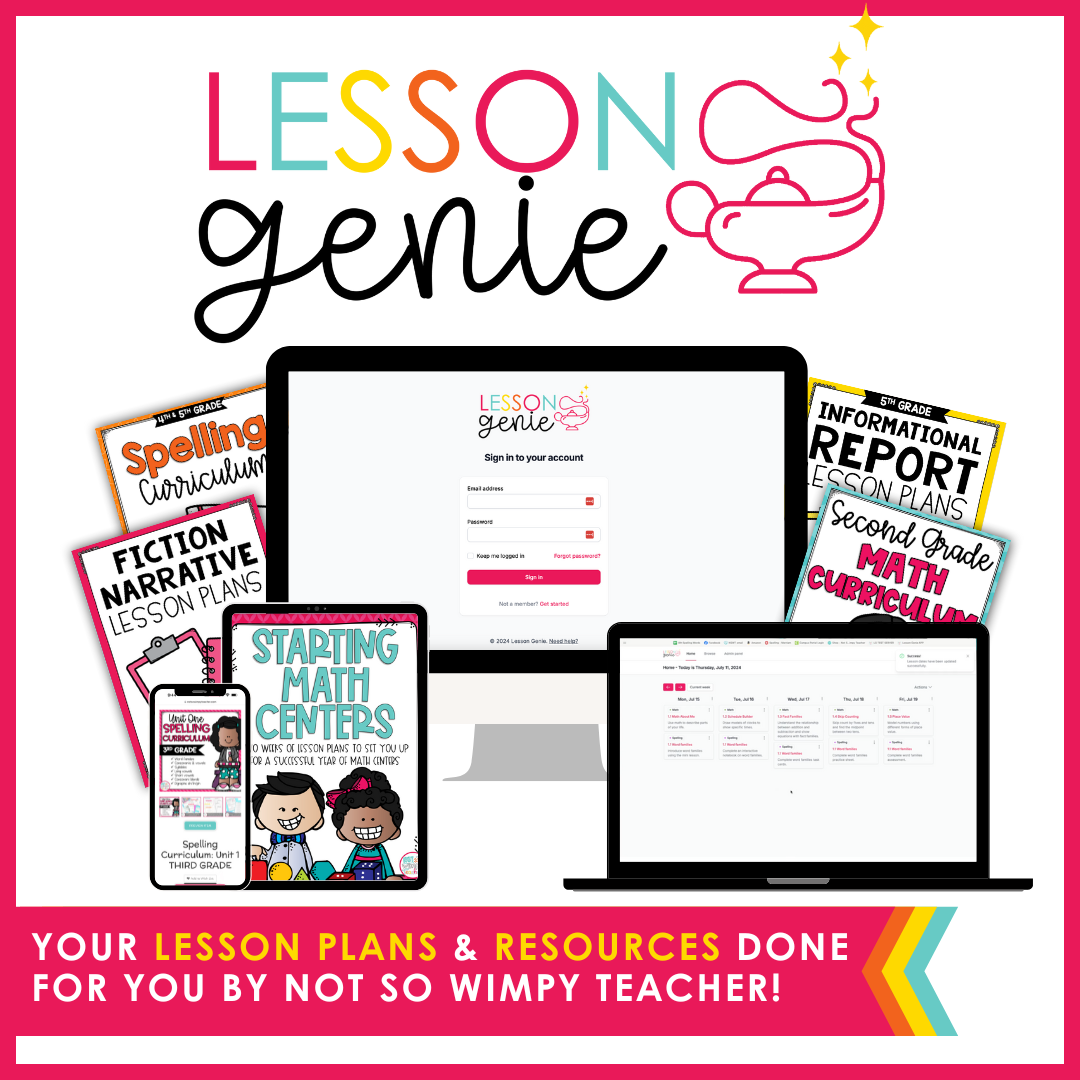
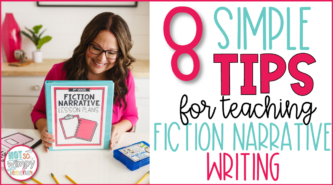
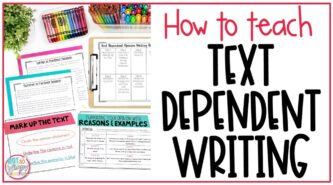
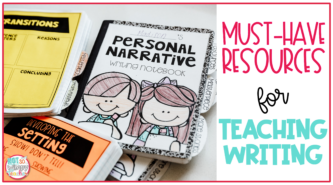
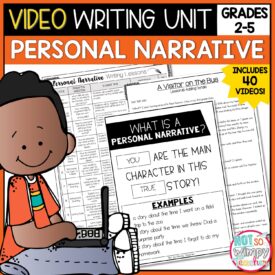
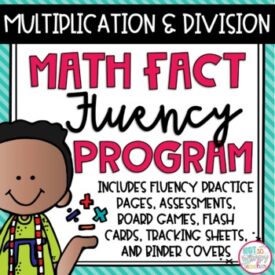
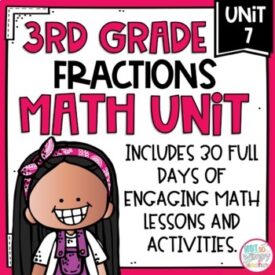
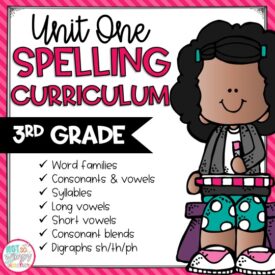
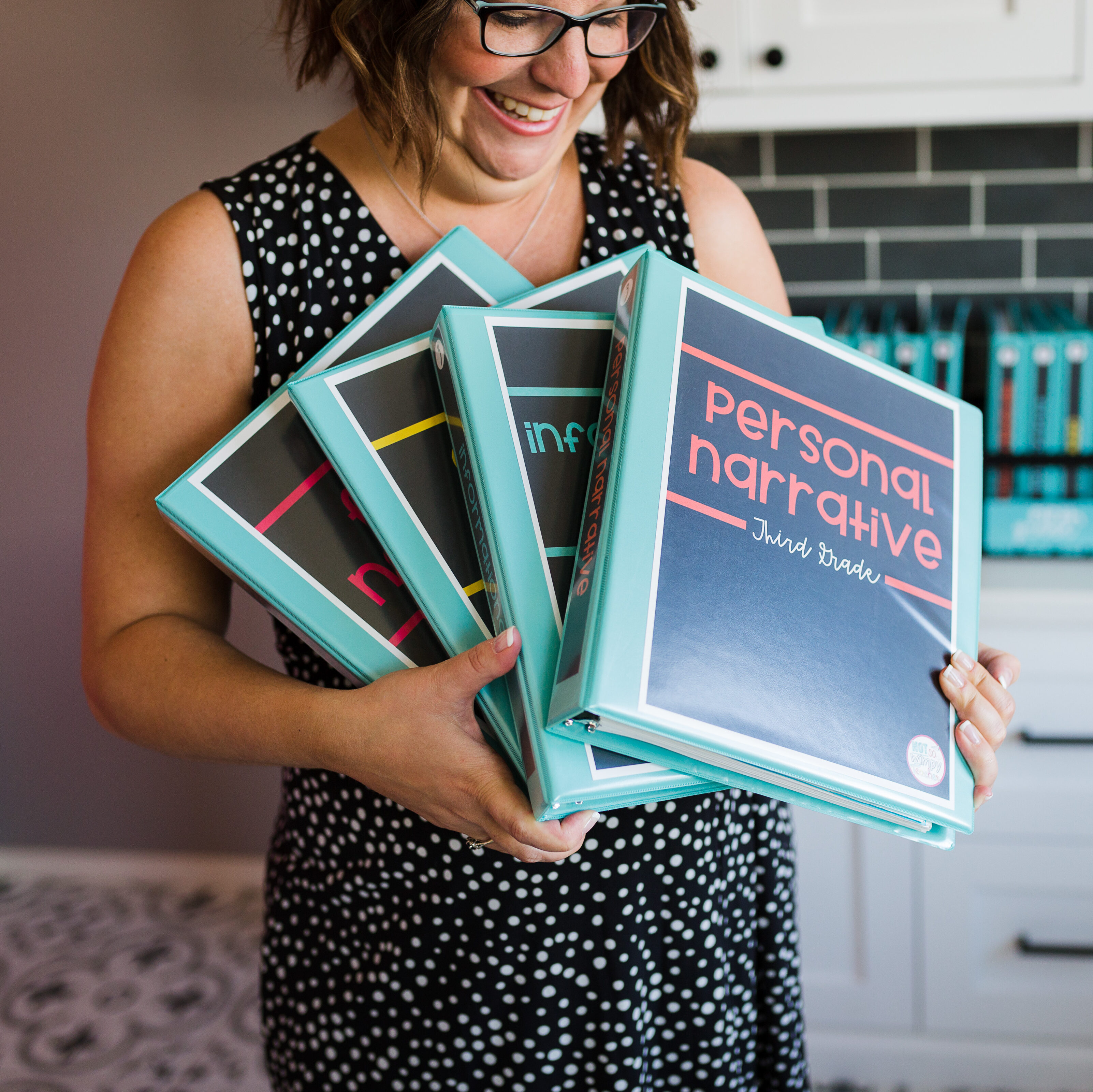

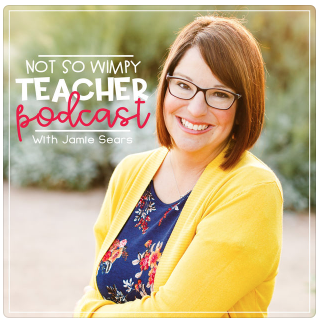




 End of Year Carnival Week for grades 2-5!
End of Year Carnival Week for grades 2-5!
Hi Jamie, thank you for the suggestions! Your post inspires me to ditch my test prep units next year and embed writing activities starting in September. As you mentioned, many students are left bored and anxious when preparing for the test in isolation. Thank you for sharing the free resources!
I really enjoy this resource! Thank you so much for you input into how to make my students writing better! I cannot wait to use this in the upcoming school year!
nice
Absolutely loved these tips! As a teacher who has tried everything from color-coded rubrics to peer editing circles, I can confirm that keeping writing lessons fun and low-pressure really does work wonders. I also sprinkle in some Khan Academy writing videos https://khan-academy.pissedconsumer.com/review.html and exercises mid-year, which gives my students a fresh perspective and extra practice-they love the interactive elements! One thing I’ve noticed is that when kids see writing as a daily habit, not just “test prep,” their confidence skyrockets. Thanks for the practical ideas-definitely bookmarking for next year!